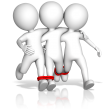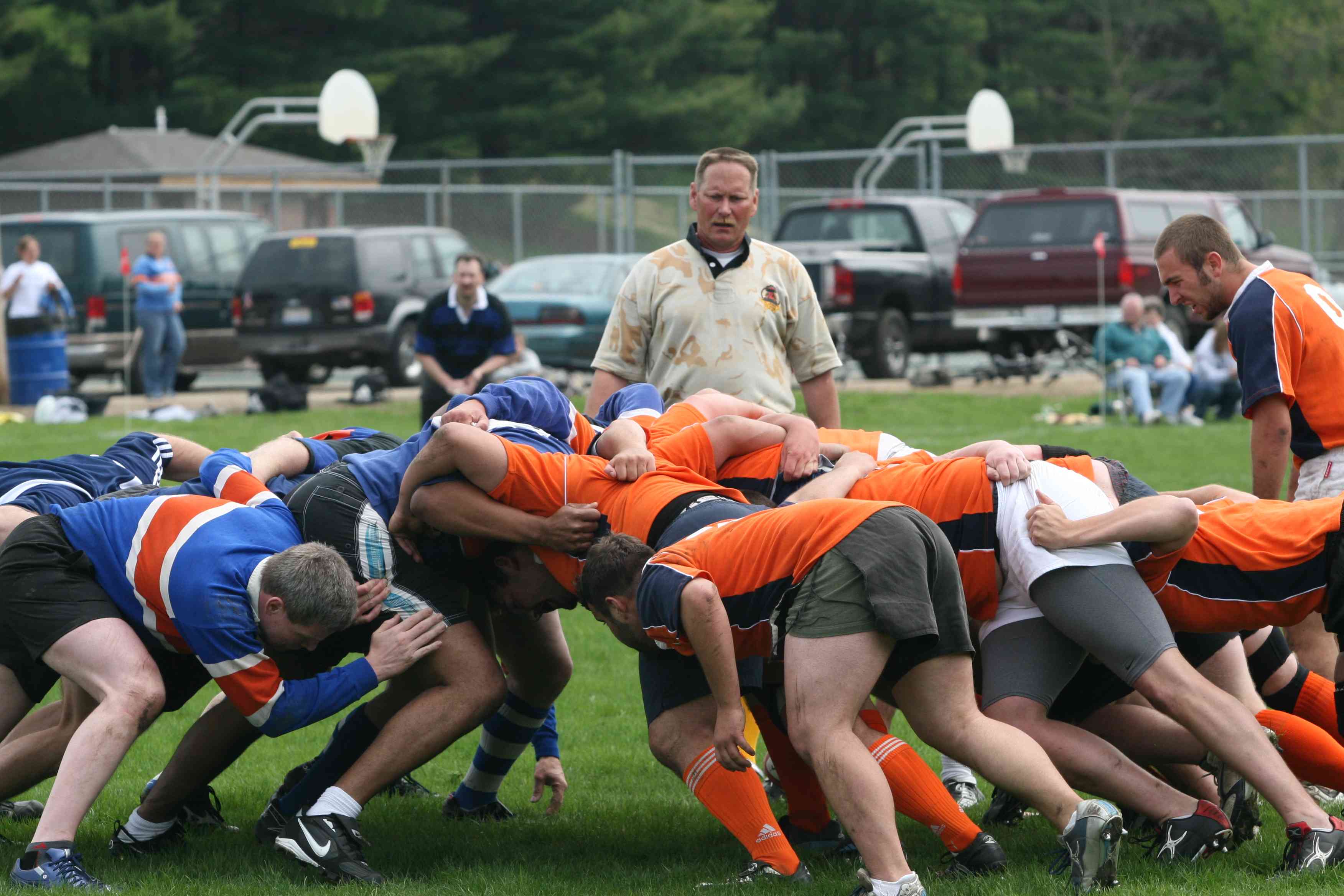Occasionally, employees will complain about the use of sports examples to reinforce aspects of company teamwork. The irony is that successful team characteristics almost always apply to a successful sports team first and to the work environment second. In the past, employers desired to transform uncooperative employees and departments into interdependent units, i.e. teams. If the employees could only work together in the same manner as the athletes did, productivity and cooperation would soar!
The history of the term “team” has its roots in Germany and England. Originally it applied to a “team of draft horses” or to “lineage or race.” The latter no longer is used, but the former meaning evolved into its main usage today for sports teams. It is worth noting that some of the synonyms of team are: army, band, brigade, company, crew, outfit, party, platoon, squad and gang. If an employee does not enjoy being a part of the “team,” maybe they would prefer being part of a “party” or “gang.”
Typically, participation in sporting events is voluntary. However, in the work world, many of the team synonyms suggest participation is involuntary.
Some employees may never appreciate sports examples. Instead of dismissing sports analogies, an employee should interpret and utilize the lesson from their perspective.
Jim Lindell is the author of “
Controller as Business Manager” by the AICPA http://bit.ly/1zGOYmz . He is an Award Winning Speaker and Best Selling Author. In addition, Jim is a TEC Chairman for two groups in SE Wisconsin (TEC/Vistage is the world’s largest peer group of CEOs and Executives)
©2015 Jim Lindell
 Controller as Business Manager
Controller as Business Manager






